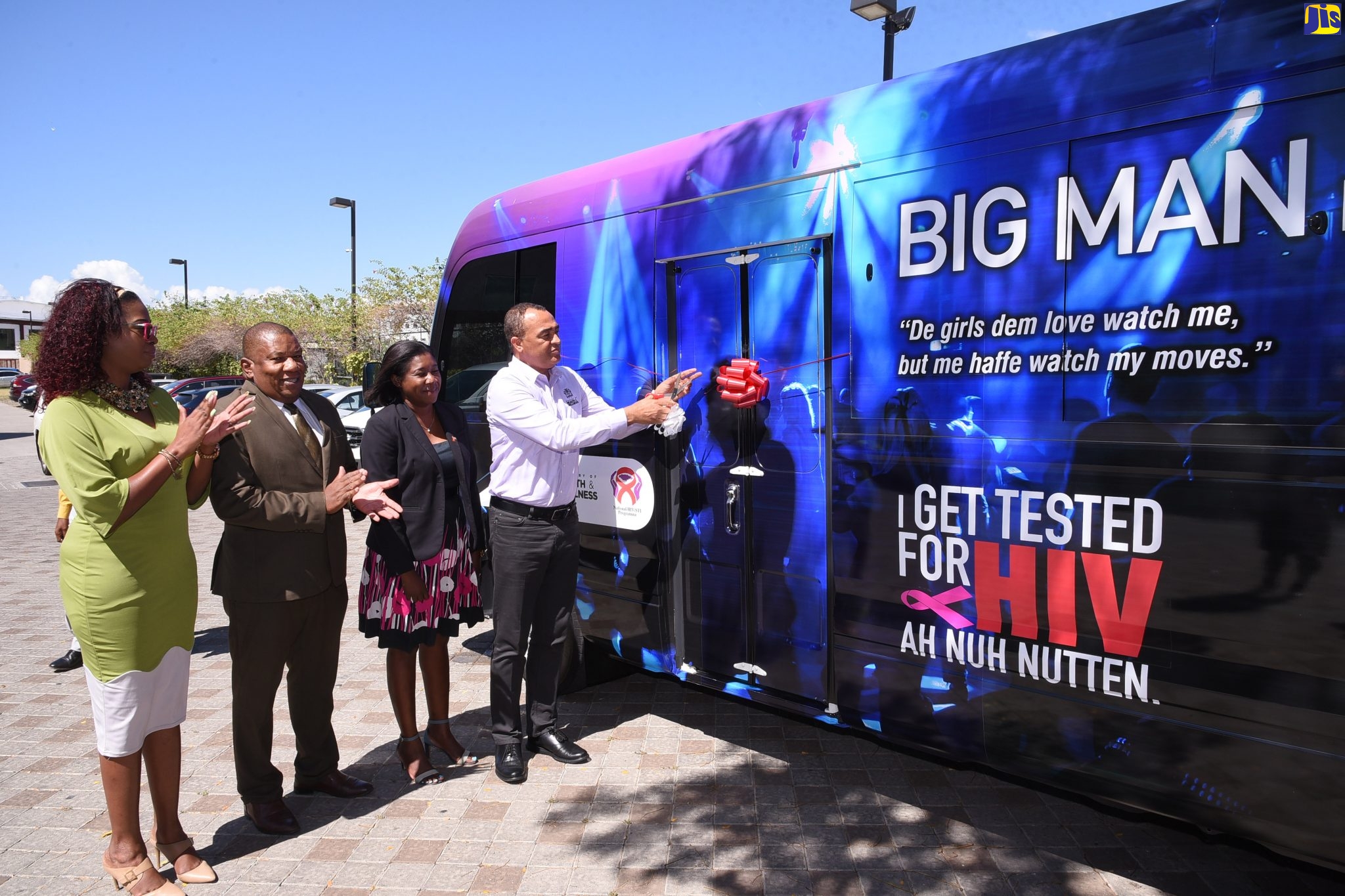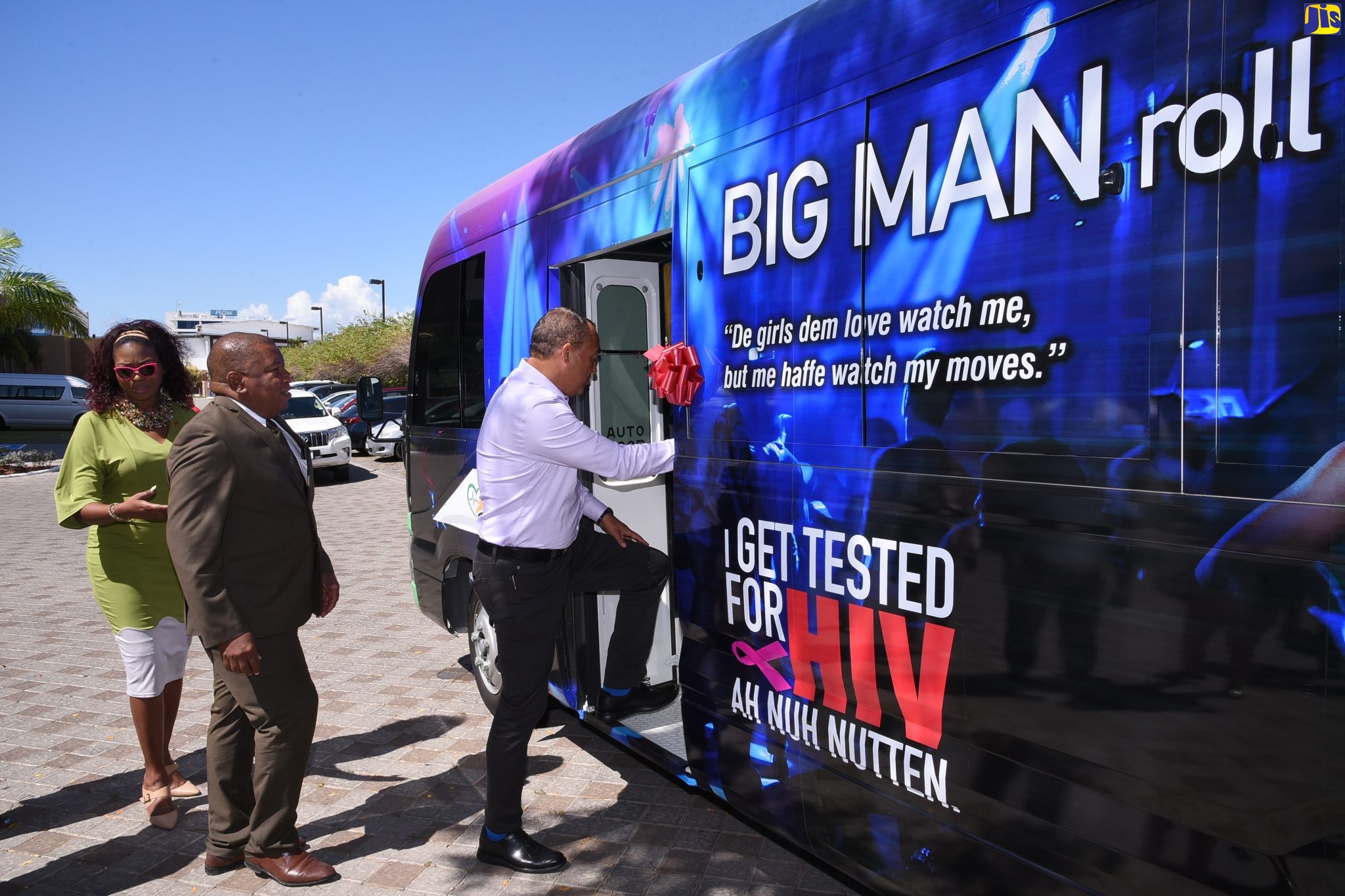Health Ministry Ramping Up HIV/AIDS Testing
By: , March 3, 2020The Key Point:
The Facts
- The move is in line with the Joint United Nations Programme on HIV/AIDS (UNAIDS) 90-90-90 initiative, which aims to help end the AIDS epidemic worldwide.
- It is targeting that by the end of the year, 90 per cent of all people living with HIV should know their HIV status; 90 per cent of all persons diagnosed with HIV should be receiving sustained antiretroviral therapy; and 90 per cent of all those receiving antiretroviral therapy should have viral suppression.
The Full Story
The Ministry of Health and Wellness is ramping up its drive to have more citizens tested for the HIV/AIDS.
The move is in line with the Joint United Nations Programme on HIV/AIDS (UNAIDS) 90-90-90 initiative, which aims to help end the AIDS epidemic worldwide.
It is targeting that by the end of the year, 90 per cent of all people living with HIV should know their HIV status; 90 per cent of all persons diagnosed with HIV should be receiving sustained antiretroviral therapy; and 90 per cent of all those receiving antiretroviral therapy should have viral suppression.
Portfolio Minister, Dr. the Hon. Christopher Tufton, said ensuring that all Jamaicans are aware of their HIV status is key to prevention and treatment and “results in better health outcomes, not just for the individual but for the society generally”.
He noted that currently, 84 per cent of Jamaicans living with the virus are aware of their status.
“The Ministry remains dedicated to making HIV testing accessible to all Jamaican citizens. This is done through various testing modalities such as hospitals and clinics, non-governmental organisations (NGOs) testing and outreach testing at ‘hot spots’,” he said.
Dr. Tufton was speaking at a handover ceremony for an HIV mobile testing unit to the Southern Regional Health Authority (SRHA) at the Courtyard by Marriott in New Kingston on Thursday (February 27).
He noted that the unit is critical to expanding the Ministry’s outreach capacity for HIV testing islandwide.
“Mobile testing is one form of outreach testing that reduces geographical borders, taking testing to several communities and settings, so we can now move to locations where we think the risks are high. The presence of an additional means of outreach testing will allow for more gains to be made,” he said.
He further noted that mobile testing is particularly useful in reaching key populations that may be hesitant to visit a traditional clinic due to perceived stigma and discrimination. Clients receive pre and post-test counselling in the private cubicles on-board the bus and the test results are ready in as little as 15 minutes.
The $16.57-million retrofitted bus, which was donated by the Global Fund, will serve the parishes of Clarendon, Manchester and St. Elizabeth.
It has been equipped with three private testing cubicles, refrigerator, washing station equipped with a water tank and pump, and storage cabinets.
Regional Director, SRHA, Michael Bent, expressed gratitude for the unit, which he said, will greatly assist the SRHA to adequately reach the general population of close to 30,000 with a target population of 2,000.
“In the SRHA, we believe this is an opportunity for us to further integrate HIV [testing] into our programme and, as such, the team [is] ready to go out and to do the necessaries. The target population will be able to receive testing in a more humane way. It is also a safer facility for the staff as well as the patients,” he said.
Outreach testing accounts for the majority of HIV tests conducted. The total number of persons tested via outreach was 53,029 in 2019 and of this amount, 26,681 were done via mobile testing.
Mobile HV testing started in 2009 with two buses in the south east region and sought to make HIV testing convenient by taking the service to people in their own space and comfort zone.
Providing HIV testing in a non-clinic setting has allowed screening to become more easily accessible, less stigmatised and more normalised.
Following an overwhelming demand from the populace, mobile testing was then rolled out in the north east and western regions.
The addition of a mobile testing unit in the southern region now means that all regional health authorities are able to provide the service in all parishes.





